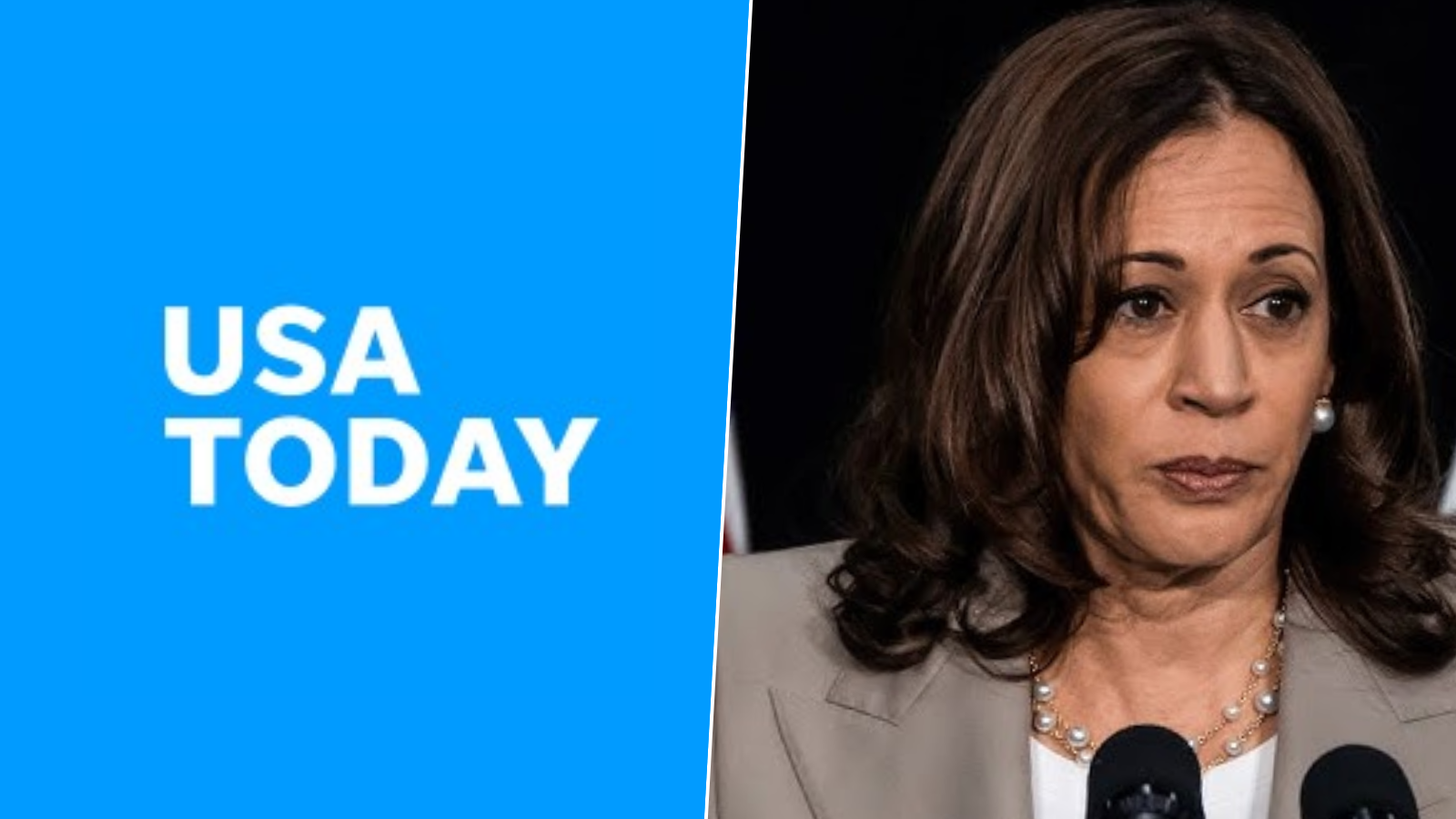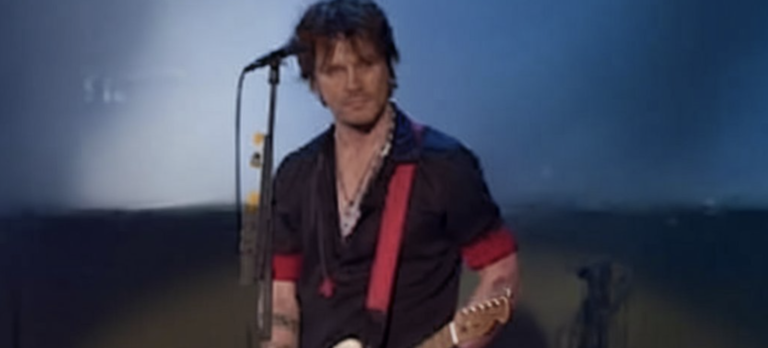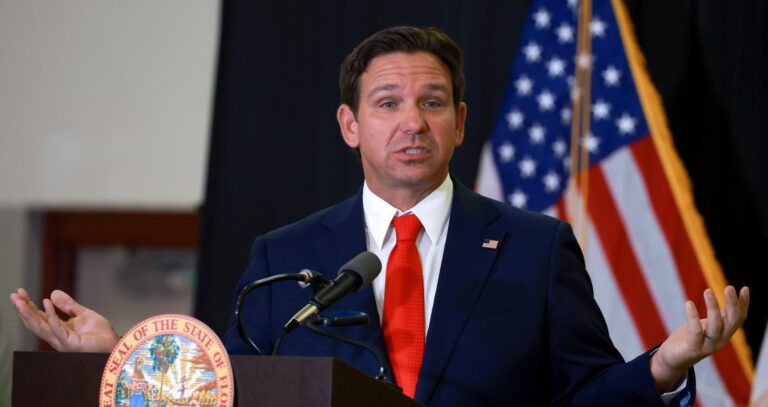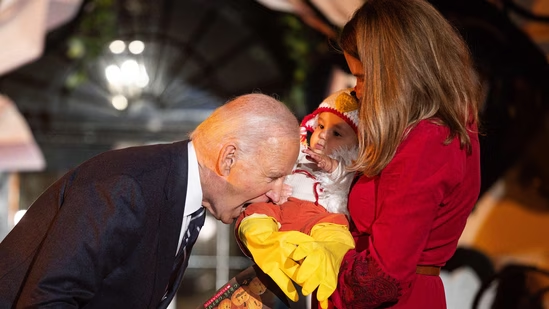BREAKING: Another Massive Lost Endorsement For Kamala Harris

With only six days before the election, USA Today announced it would refrain from endorsing any presidential candidate, abandoning a precedent set in 2020 when it endorsed Joe Biden. Joining a growing list of liberal-leaning media outlets, including The Washington Post and The Los Angeles Times, the Gannett-owned USA Today now claims it will focus on “trusted information” instead of endorsing a candidate, a move some conservative observers say reveals deeper cracks within the liberal media.
“Why are we doing this? Because we believe America’s future is decided locally — one race at a time,” USA Today spokesperson Lark-Marie Antón stated to Fox News Digital, adding that the decision is to focus on providing readers with factual coverage rather than endorsements. For a publication that historically backed liberal candidates, some conservatives see this as an admission that endorsing an increasingly unpopular Democratic candidate like Vice President Kamala Harris could backfire.
Political analyst and conservative commentator Matt Walsh tweeted in response: “The liberal media establishment is running scared. They won’t endorse their own candidate because they know how out of touch they’ve become with the American people. They can’t hide it anymore.”
This move has frustrated many loyal readers who see the non-endorsement as a shift away from the publication’s values.
The Washington Post, which also backed away from endorsing Harris, faced severe backlash from subscribers, with one insider noting that “liberal readers canceled their subscriptions en masse.”
The conservative outlet The Daily Caller reports that The Washington Post has hemorrhaged over 200,000 subscribers since its decision, reflecting disillusionment among its audience.
Conservatives argue that these non-endorsements suggest that legacy media outlets are now “too scared” to take a side, likely fearing the fallout from backing a Democratic candidate in such a polarized climate.
“They’re trying to have it both ways — pretending to be unbiased while quietly refusing to endorse the party they’ve backed for years,” said conservative strategist Allie Beth Stuckey.
Many critics believe USA Today is simply trying to sidestep an endorsement of Harris, especially given the network’s 2020 decision to endorse Biden and discourage Americans from voting for Trump. “The fact that they endorsed Biden in 2020 but can’t bring themselves to back Harris today speaks volumes,” tweeted journalist Michael Knowles. “Even the liberal media is jumping ship.”
In response to these publication-wide decisions, Antón reiterated to Politico that USA Today would still permit local affiliates to endorse at state and local levels. However, for readers searching for straightforward guidance in the national race, USA Today has opted out, citing that the “public service” of its hundreds of publications is now limited to delivering the facts for local races.
Others on the right see USA Today’s decision as a revealing sign that mainstream media is backing away from its influence in shaping elections. Political analyst Ben Shapiro noted: “What we’re seeing is the media finally realizing that it’s alienating half the country, if not more, by consistently backing candidates that Americans are rejecting.”
With endorsements declining across multiple outlets, conservatives argue that this reluctance may reflect a new level of political division even within traditionally left-leaning media.
Many conservative readers have taken this as a cue that even major newspapers are beginning to distance themselves from the Democratic establishment — and in some cases, recognizing the limits of their influence.
“This may be the first time in modern history that the left-leaning press is acknowledging it no longer speaks for the people,” said conservative columnist Kurt Schlichter. “They know the game has changed, and they’re finally being forced to admit it.”
For a public increasingly skeptical of media bias, USA Today’s decision, along with other non-endorsements, may signal a retreat from the kind of influence newspapers once wielded.




